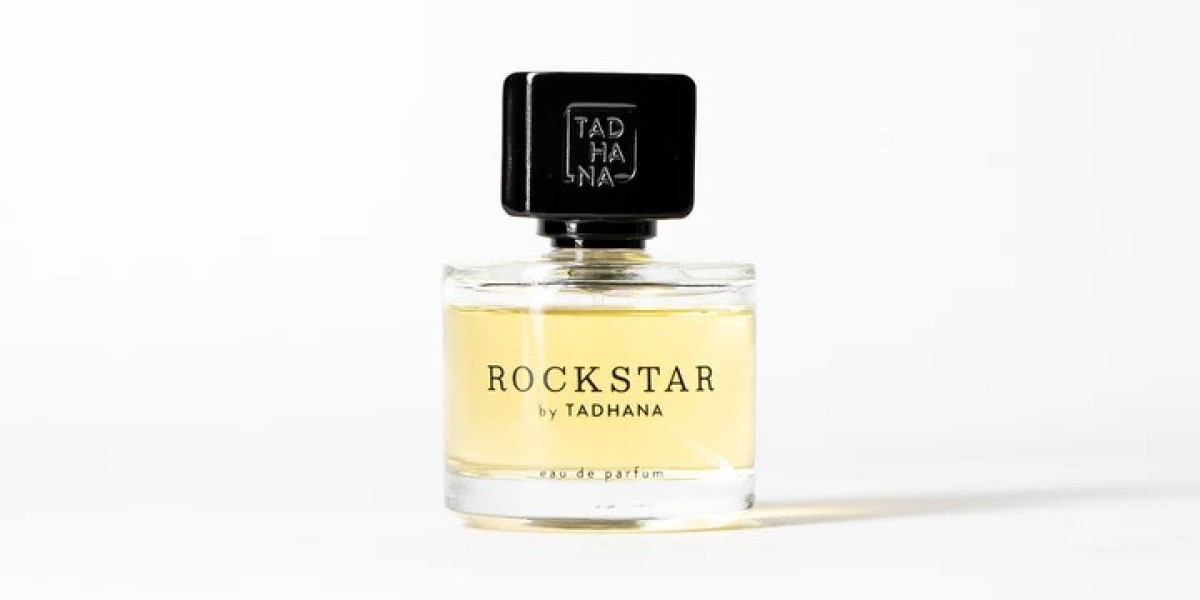When it comes to your financial security, one thing you might not realize is that your credit card information can be stolen and sold without you ever knowing—until it’s too late. One platform name that frequently appears in these situations is Bclub.tk, often associated with dumps and CVV2 shops online. But what exactly does that mean, and how can it affect you?
Let’s begin with the basics. Dumps refer to the digital data stored in the magnetic stripe of a credit or debit card. This information can be captured by criminals using skimmers or malware and is then cloned onto blank cards for fraudulent use. It’s the method used mostly for making purchases in physical stores.
On the flip side, CVV2 data relates to the three-digit code on the back of your card, along with details such as your card number, name, expiration date, and sometimes the billing zip code. This data is used for online transactions—making it valuable for cybercriminals involved in card-not-present fraud.
Bclub.tk is one of several names that pop up in online circles focused on this kind of illegal activity. The platform is known to operate as a CVV2 and dump shop, essentially a place where stolen card data is organized and sold to interested buyers. These buyers could be experienced fraudsters or beginners just stepping into the world of cybercrime.
What’s alarming is how user-friendly these platforms can be. With search filters, customer reviews, refund options, and even tutorials, they resemble regular online shopping websites. Except instead of shoes or gadgets, what’s being traded are people’s private financial details.
Many victims are unaware until strange charges start appearing on their bank statements. And while banks are often quick to block suspicious activity and issue replacements, the process of reclaiming lost funds and restoring financial stability is stressful and time-consuming.
So how can this happen to anyone, even careful users? Often, it’s not the fault of the cardholder. Breaches at major retailers, phishing attacks, compromised ATMs, or even malware on a mobile phone can leak sensitive card data into the wrong hands.
While law enforcement agencies globally are cracking down on these dark web marketplaces, the operators are skilled at staying hidden. Using tools like anonymous browsers, encrypted messaging apps, and cryptocurrency, they maintain secrecy and constantly rebrand to avoid takedown.
To protect yourself, avoid entering your card details on unfamiliar sites. Use virtual cards for online shopping, regularly monitor your statements, and enable alerts for every transaction. The more proactive you are, the less chance criminals have to take advantage of you.
In summary, Bclub.tk represents just one part of a much larger web of digital crime. By staying informed and cautious, you can reduce your risk and help limit the reach of these hidden online threats.








